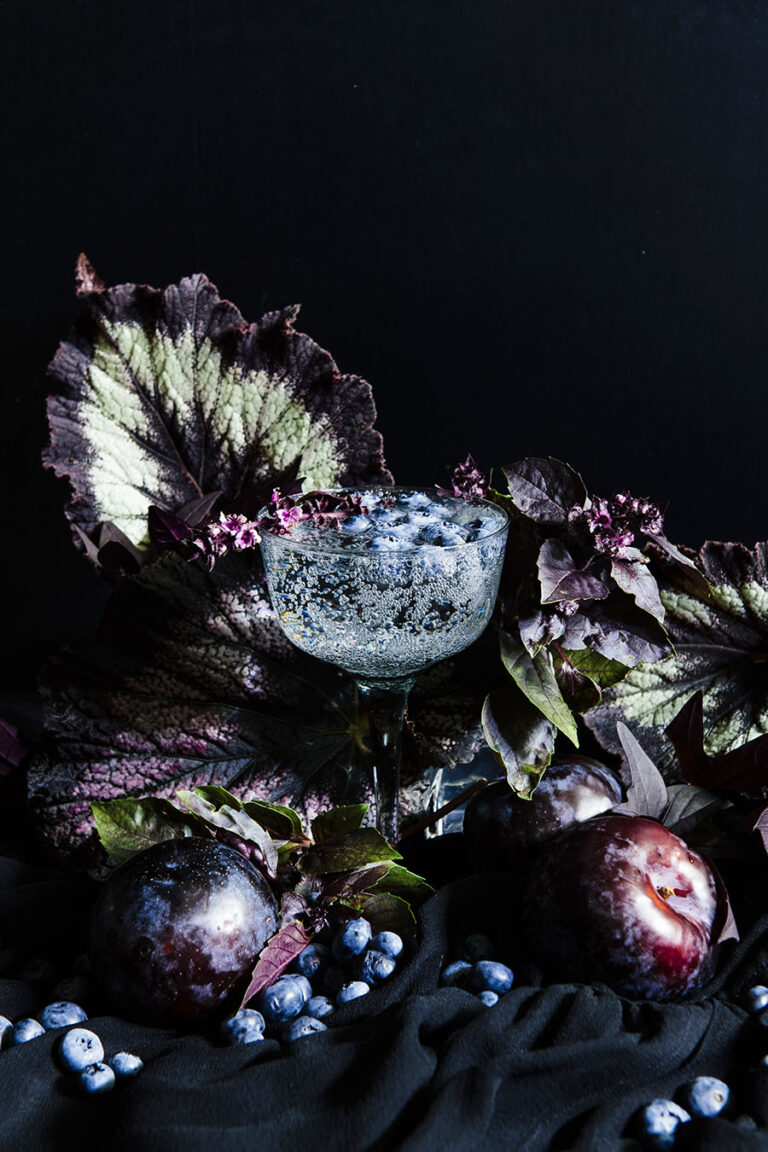Alcohol is the New Asbestos: What You Need to Know

Welcome back to The Mindset by Super Age.
The science is in—and it’s serious. A new report from the U.S. Department of Health and Human Services confirms that alcohol is now classified as a Group 1 carcinogen, placing it alongside tobacco and asbestos in terms of cancer risk. This shift challenges long-held beliefs about alcohol’s role in health and social culture.
At Super Age, we believe the boldest health choices are the ones backed by science. It’s not about fear—it’s about empowerment. Knowing how alcohol affects longevity gives you the freedom to make smarter, more intentional choices. This week, we’re breaking down the findings, plus offering elevated alternatives so you can toast to your health without compromise.
Longevity isn’t about restriction; it’s about being fully awake to your choices. When you choose what nourishes you most, you’re not just avoiding harm—you’re elevating your entire life.
Onwards and upward!
David Stewart
Founder
Body Wisdom
Understanding Alcohol’s Link to Cancer
Alcohol is now recognized as the third leading preventable cause of cancerin the United States, following tobacco use and obesity. It contributes to approximately 100,000 cancer cases and 20,000 cancer deaths annually.
Here’s how alcohol increases cancer risk:
- Acetaldehyde Production: When alcohol is metabolized, it converts into acetaldehyde, a toxic chemical that can damage DNA and proteins, increasing cancer risk.
- Oxidative Stress: Alcohol metabolism generates reactive oxygen species (ROS), which can damage cells and tissues over time.
- Hormonal Changes: Alcohol consumption raises estrogen levels, a hormone linked to breast cancer.
- Carcinogen Absorption: Alcohol can dissolve other carcinogens, such as tobacco smoke particles, making them easier to absorb and amplifying the risk of cancers in the mouth and throat.
The Takeaway: Even moderate drinking is linked to increased cancer risk. If your goal is to live a long, healthy life, it’s time to consider sobriety. Your power lies in awareness—knowing the science empowers you to make choices aligned with your goals.
Stay Amazed
Mindset Shifts for Socializing Without Alcohol
Navigating social settings without a glass in hand? That’s not a restriction—it’s an expansion. Choosing to skip the drink opens space for sharper conversations, clearer memories, and a more energized you. The key? Shifting your mindset from “missing out” to being fully present. Here’s how:
- Mindful Intention Matters: Set clear personal goals for why you’re choosing not to partake—whether it’s for health, longevity, or simply feeling your best. Research shows that clearly defining your “why” boosts follow-through by anchoring your choices in personal values.
- Stack Healthy Habits: Pair your alcohol-free choice with something positive—like sipping a crafted mocktail with healthy adaptogens. Habit stacking makes healthier choices feel like rewards, not sacrifices.
- Nurture Social Support: A 2023 study in Addiction Research & Theoryshowed that validation and emotional support significantly increase long-term success when building new sobriety habits. Share your goals with friends.
- Identity Shift: Reframe yourself as someone who thrives without alcohol. Research on Deviance Regulation Theory shows people adjust their behaviors to match the identities they aspire to.
Pro Tip: When heading to a social event, design a personal pre-event ritual: Take a deep breath, visualize yourself fully engaged, stepping into the space aligned with your healthiest self. When you feel pressure to drink, recall how the ritual made you feel. When in doubt, just try to be helpful to others.
Eat Well
Longevity Boosting Mocktail Ingredients

Skipping alcohol doesn’t mean skipping sophistication. Sip smart with these powerhouse mocktail ingredients, each backed by science and packed with polyphenols, antioxidants, and adaptogens that can support cellular health and longevity:
Fruits & Juices:
- Pomegranate Juice: Polyphenol-rich, linked to reduced inflammation and improved heart health.
- Blueberries: Loaded with anthocyanins, which combat oxidative stress and support cognitive health.
- Citrus (Lemon & Orange): High in vitamin C and flavonoids for immune support and skin health.
Herbs & Adaptogens:
- Green Tea: EGCG catechins protect against cellular damage and suppress brain aging. (Remember to choose tea without polypropylene or nylon tea bags to avoid microplastics)
- Turmeric: Curcumin helps reduce inflammation and supports immune resilience.
- Ashwagandha: A powerful adaptogen (compounds that help your body respond to stress), shown to lower cortisol levels and promote stress resilience.
Try These Longevity Mocktail Recipes
Rethink your nightcap with a new twist: polyphenol-packed mocktails designed for both taste and longevity. These ingredients do more than replace alcohol—they actively support cellular health.
- Pomegranate Green Tea Spritzer with Lavendar Ashwagandha Bitters: Mix pomegranate juice, chilled green tea, and a few drops of adaptogen-packed bitters.
- Blueberry Basil Lemonade: Fresh blueberries, lemon juice, and a splash of tulsi tonic—simple, antioxidant-rich, and refreshing.
- Turmeric Ginger Glow: Blend turmeric, ginger, and orange juice with a dash of club soda for an anti-inflammatory kick.
Pro Tip: We linked to a few above, but you can find high-quality, organic adaptogens and herbal extracts at your local health food store or sometimes even at your local farmer’s market.

The information provided in this article is for educational and informational purposes only and is not intended as health or medical advice. Do not use this information to diagnose or treat any health condition. Always consult a qualified healthcare provider regarding any questions you may have about a medical condition or health objectives. Read our disclaimers.
Reducing inflammation, which contributes to better overall health.
Learn MoreYour body’s response to an illness, injury or something that doesn’t belong in your body (like germs or toxic chemicals).
Learn MoreLiving a long life; influenced by genetics, environment, and lifestyle.
Learn More


